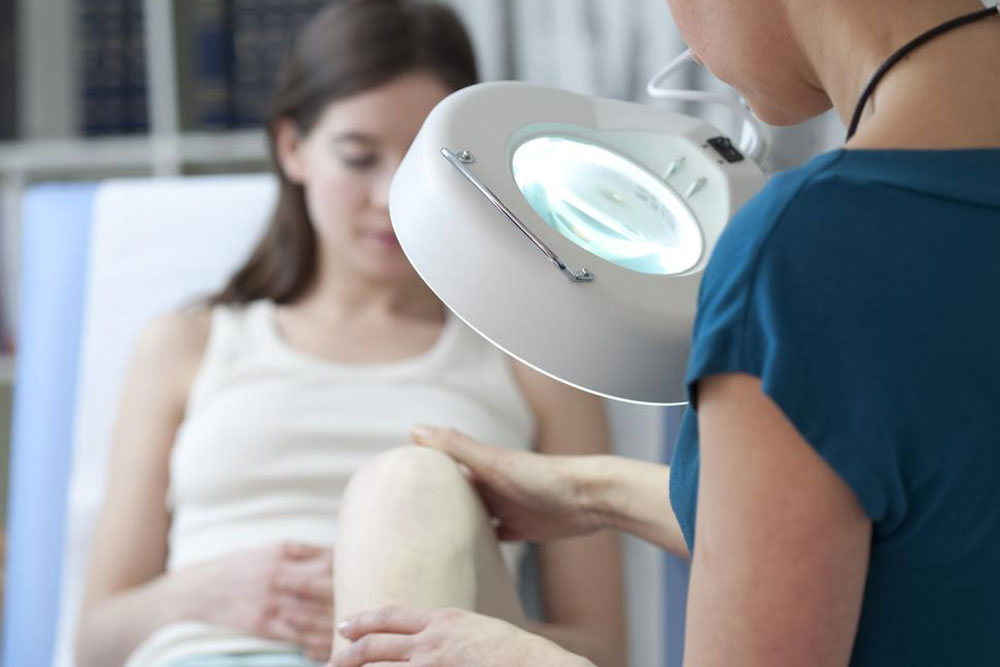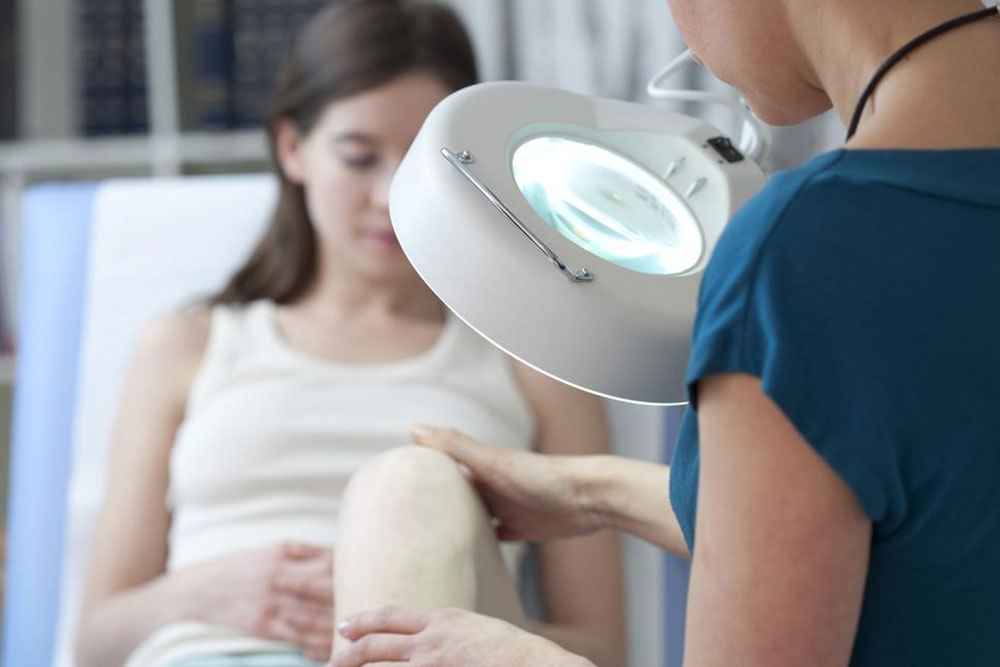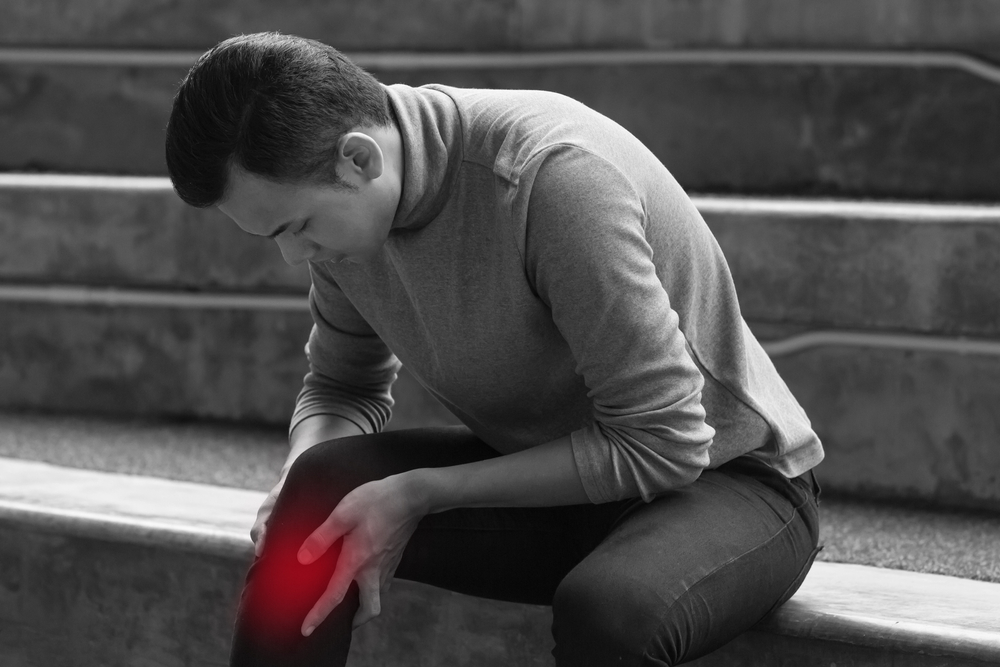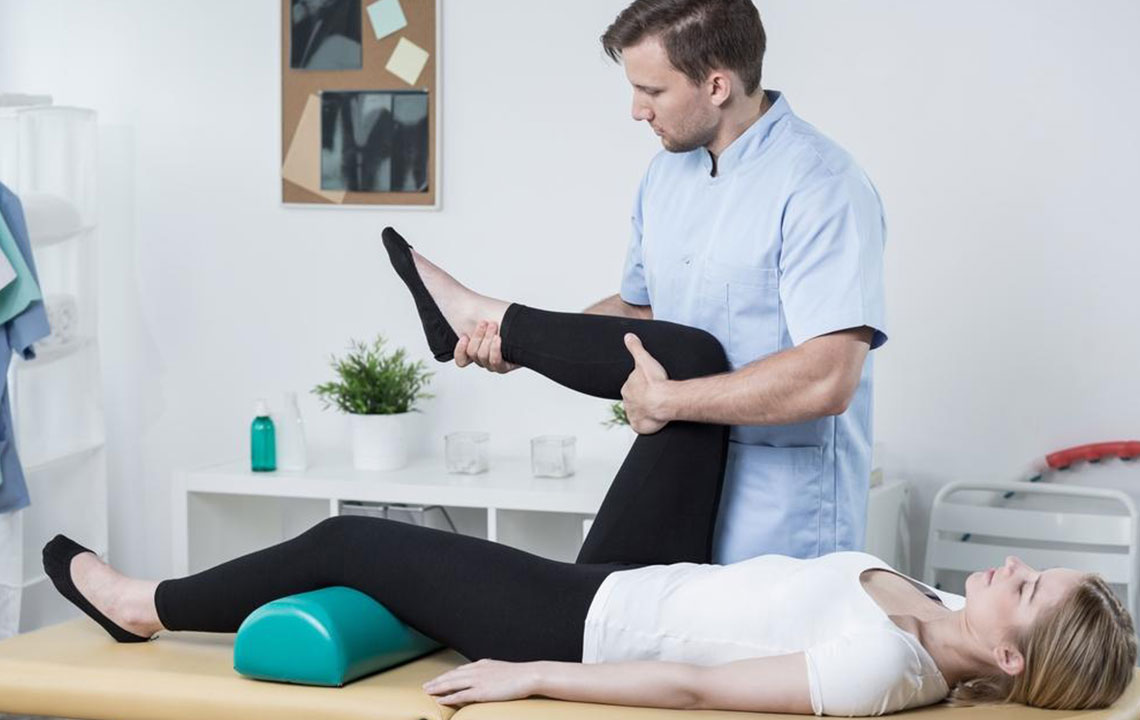Important Indicators for Consulting a Healthcare Professional Regarding Baker’s Cyst
Baker’s cysts are common knee swellings often associated with arthritis or injury. Recognizing warning signs like persistent pain, swelling, or recurrence is crucial for seeking medical attention. While many cases can be managed at home, timely diagnosis and professional treatment are vital to prevent complications and address underlying issues. This article highlights the key indicators that signal when to see a doctor for effective management of Baker’s cysts, ensuring optimal knee health and preventing future recurrence.

Important Indicators for Consulting a Healthcare Professional Regarding Baker’s Cyst
A Baker’s cyst, also known as a popliteal cyst, is a common swelling that occurs behind the knee, primarily affecting individuals who have existing knee conditions such as arthritis, cartilage damage, or joint injuries. While it often occurs in children, adults—particularly athletes—are also prone to developing this condition. Many cases of Baker’s cyst can be effectively managed through home remedies and lifestyle modifications; however, there are critical signs and symptoms that indicate the need for professional medical evaluation and treatment.
Understanding when to seek medical advice is essential for preventing complications and ensuring proper management of the cyst. If you notice persistent or worsening symptoms, seeking timely medical attention is crucial for accurate diagnosis and effective treatment.
Baker’s cyst can often be treated at home, but ignoring persistent symptoms or delaying medical consultation can lead to more serious complications.
If the cyst remains for more than two weeks despite doing self-care routines like rest, compression, or anti-inflammatory medications, it is highly advisable to consult a healthcare professional. Significant or severe pain around the knee area is another key reason to seek urgent medical evaluation, especially if home remedies fail to provide relief.
Recurrent cysts or cysts that return after previous treatment also warrant professional assessment. Such cases may indicate underlying issues such as joint inflammation, cartilage damage, or other knee pathologies that require targeted treatment. Over-the-counter anti-inflammatory drugs may help temporarily reduce swelling and pain but do not address the root cause of the cyst. Thus, comprehensive diagnosis and treatment from a healthcare provider are essential to prevent recurrence and long-term complications.
Timely medical consultation helps in accurately diagnosing the underlying condition causing the Baker’s cyst, whether it’s osteoarthritis, torn cartilage, or other joint abnormalities. Proper treatment can include aspiration, corticosteroid injections, physiotherapy, or surgical intervention in severe cases. It is important to remember that not all treatments work equally well for everyone, and a healthcare professional can develop an individualized treatment plan suitable for each patient’s specific needs.





